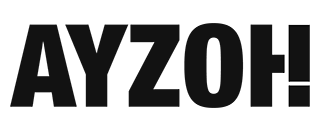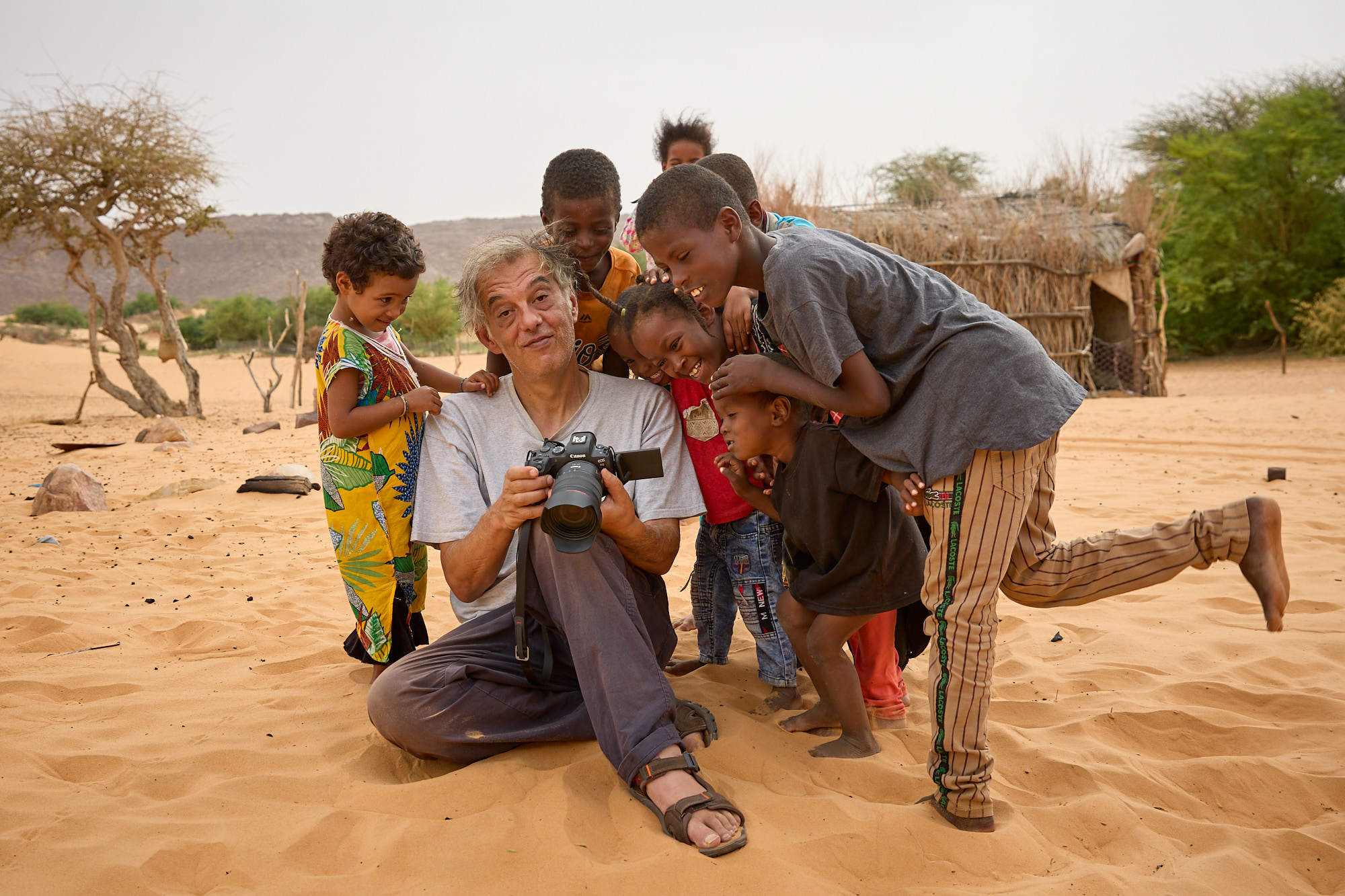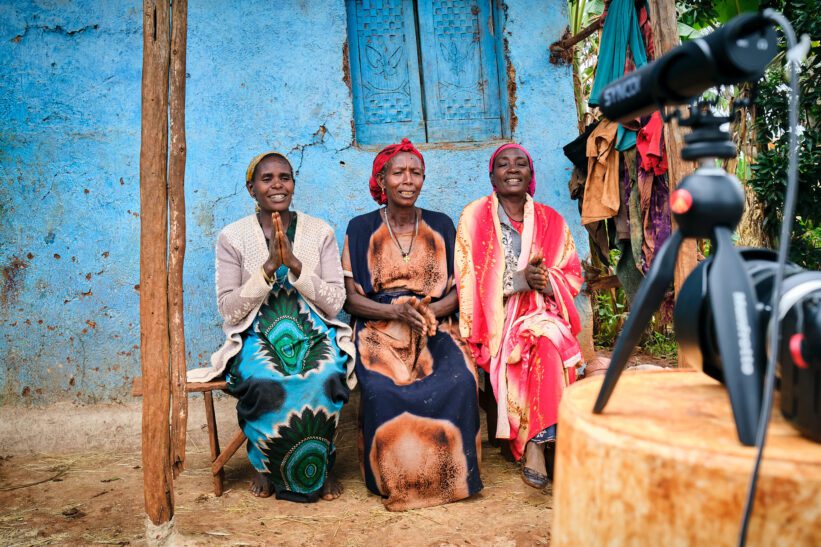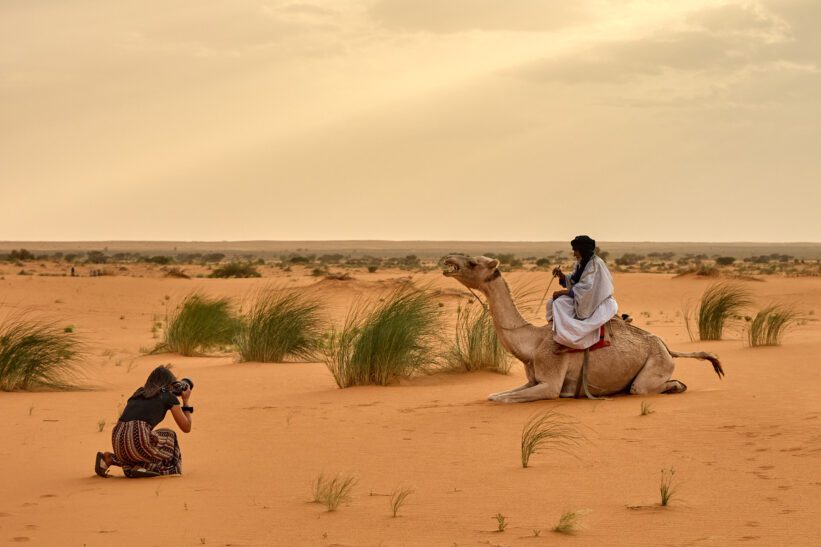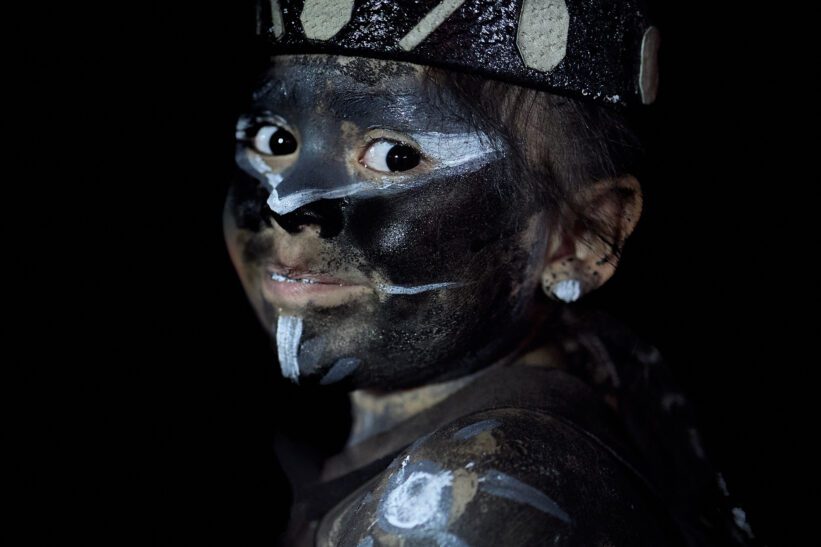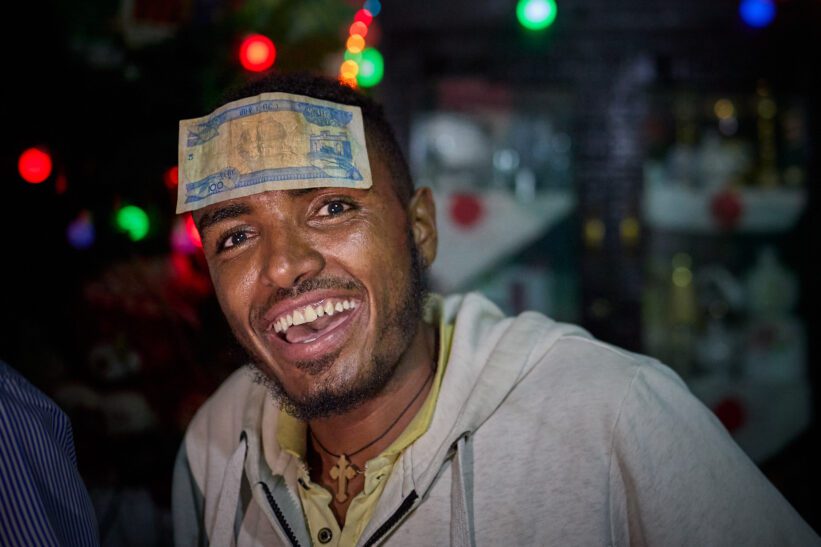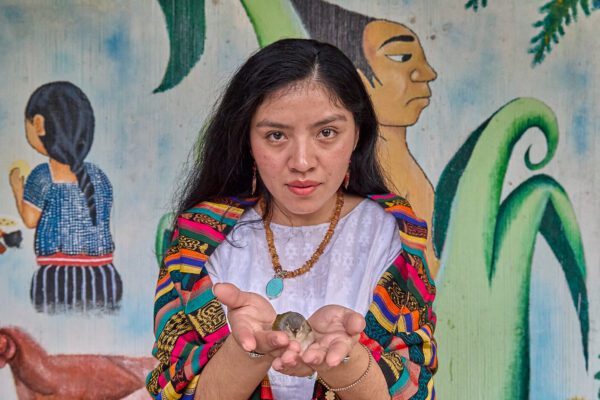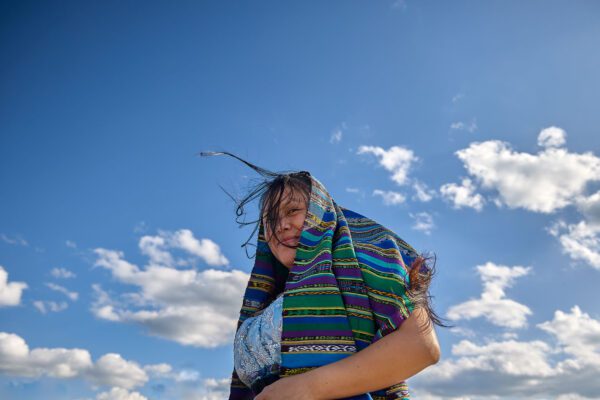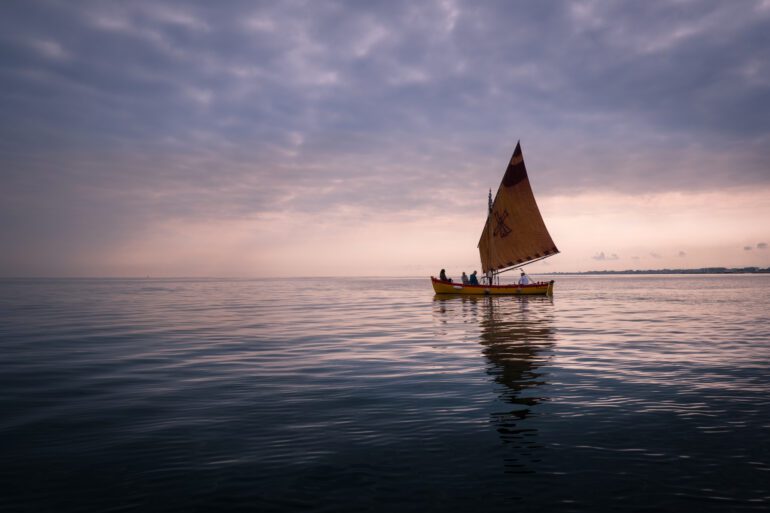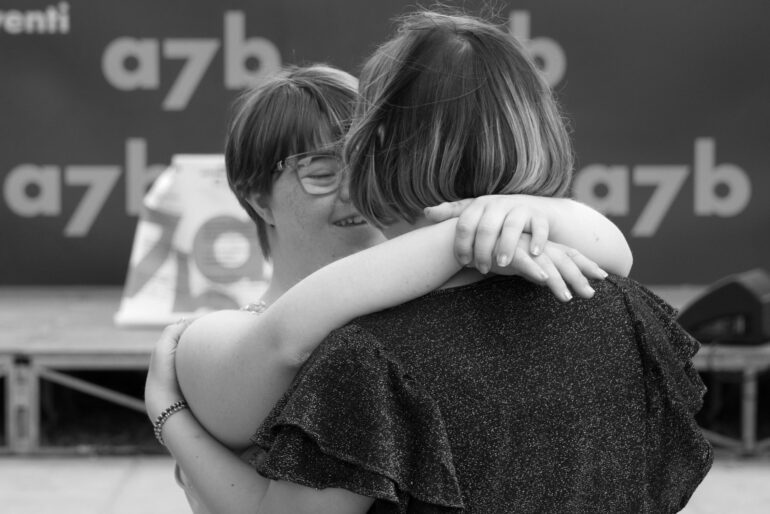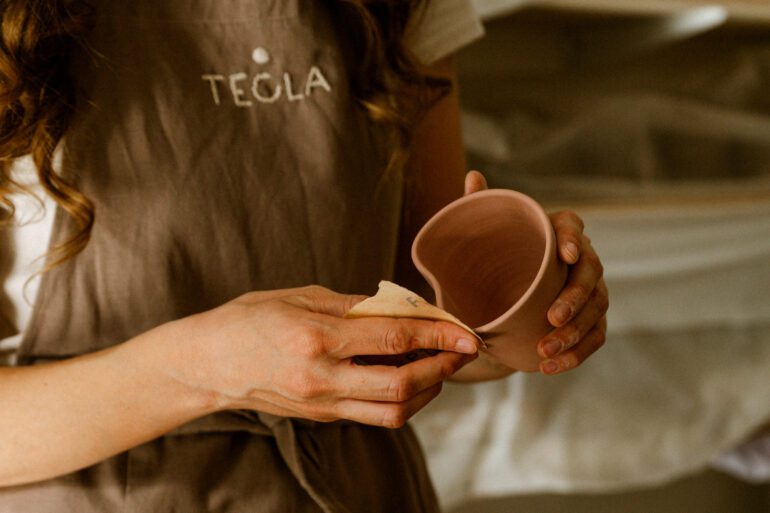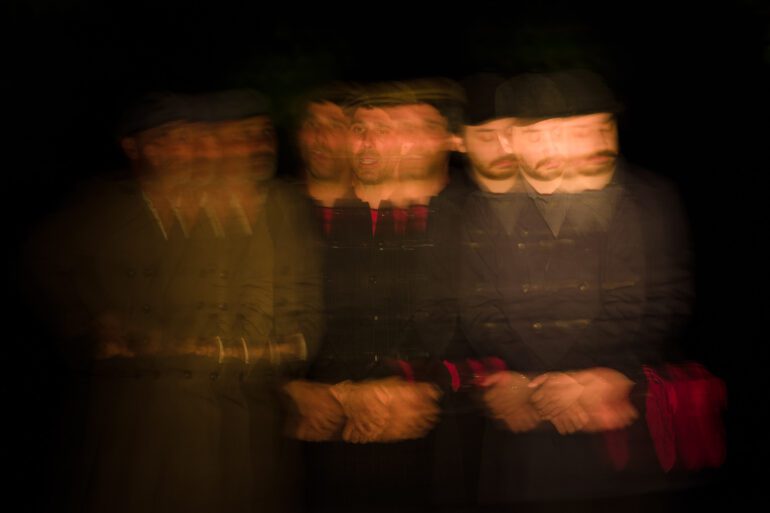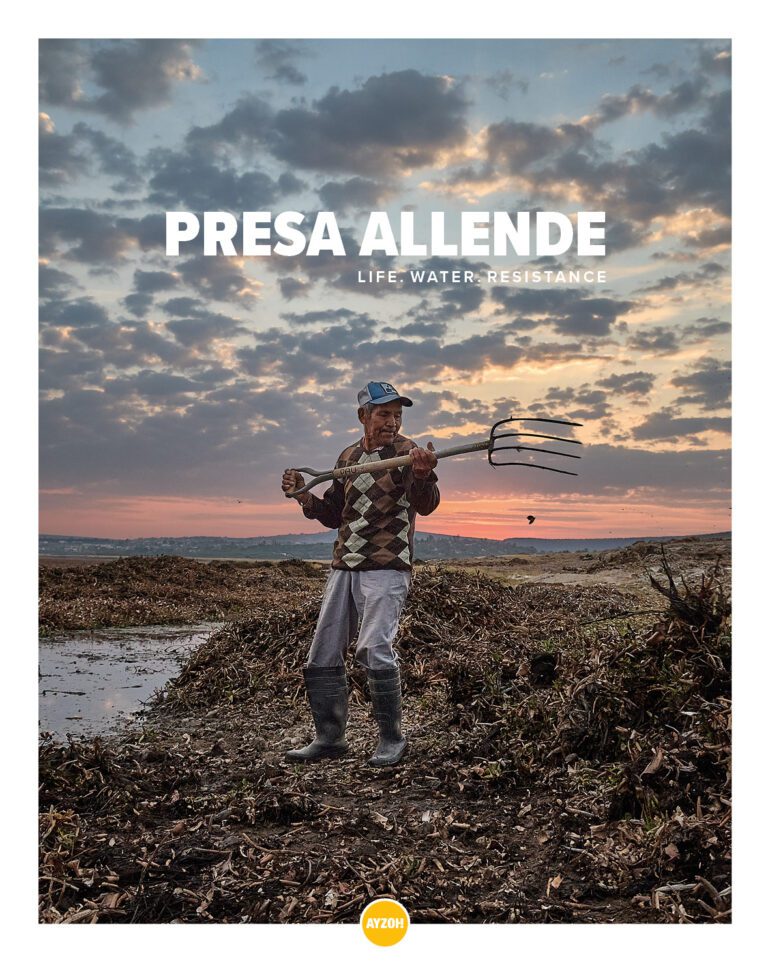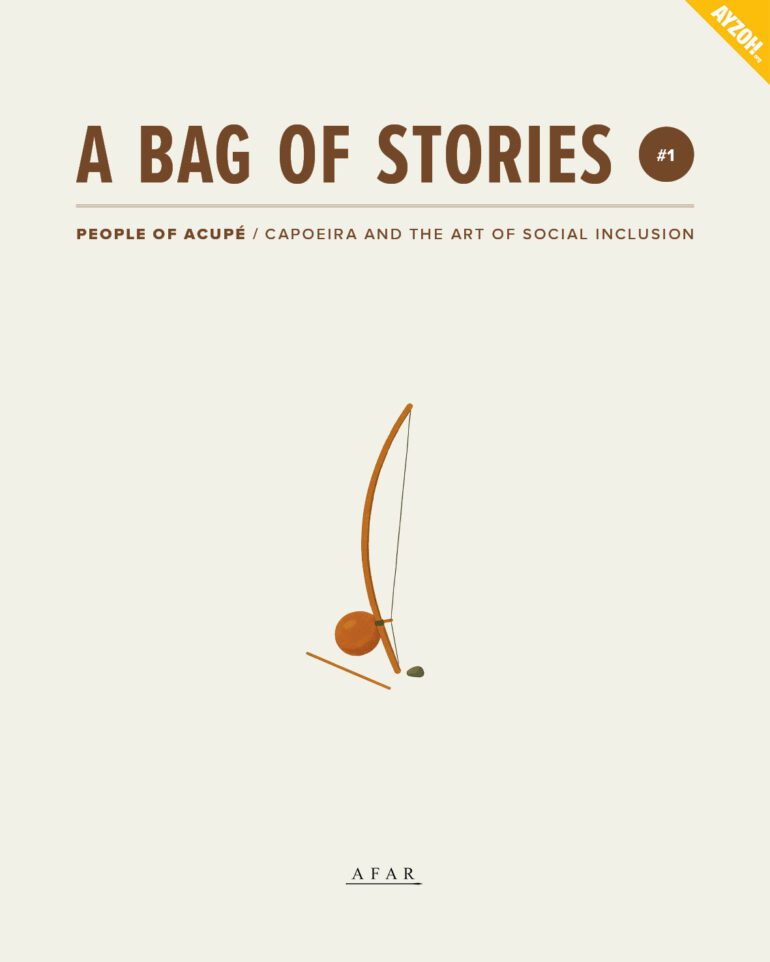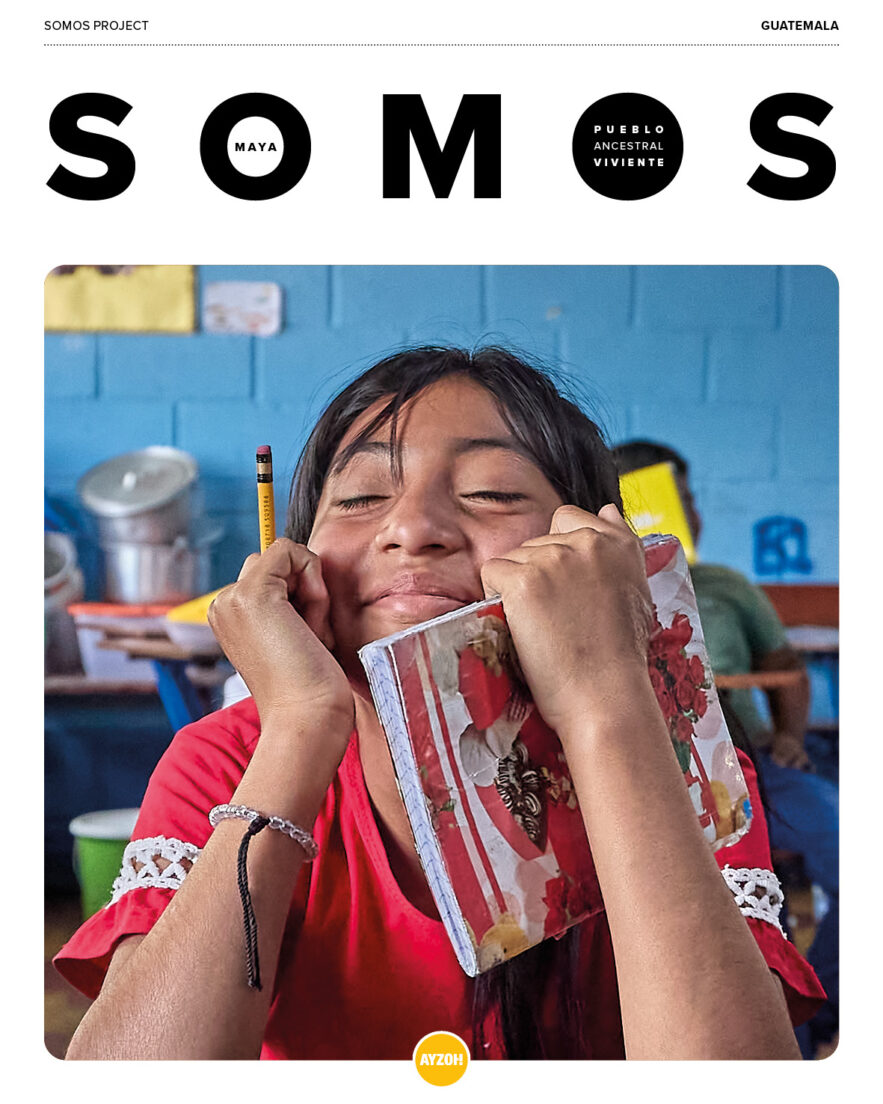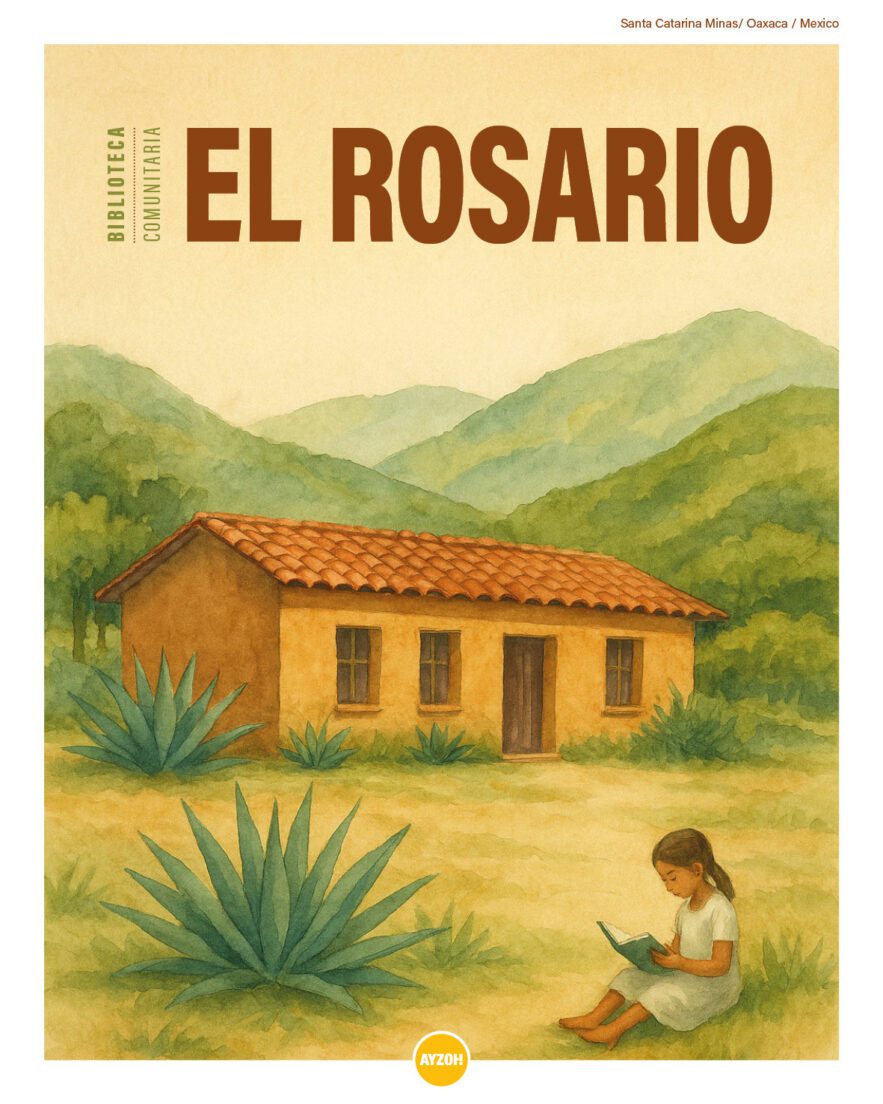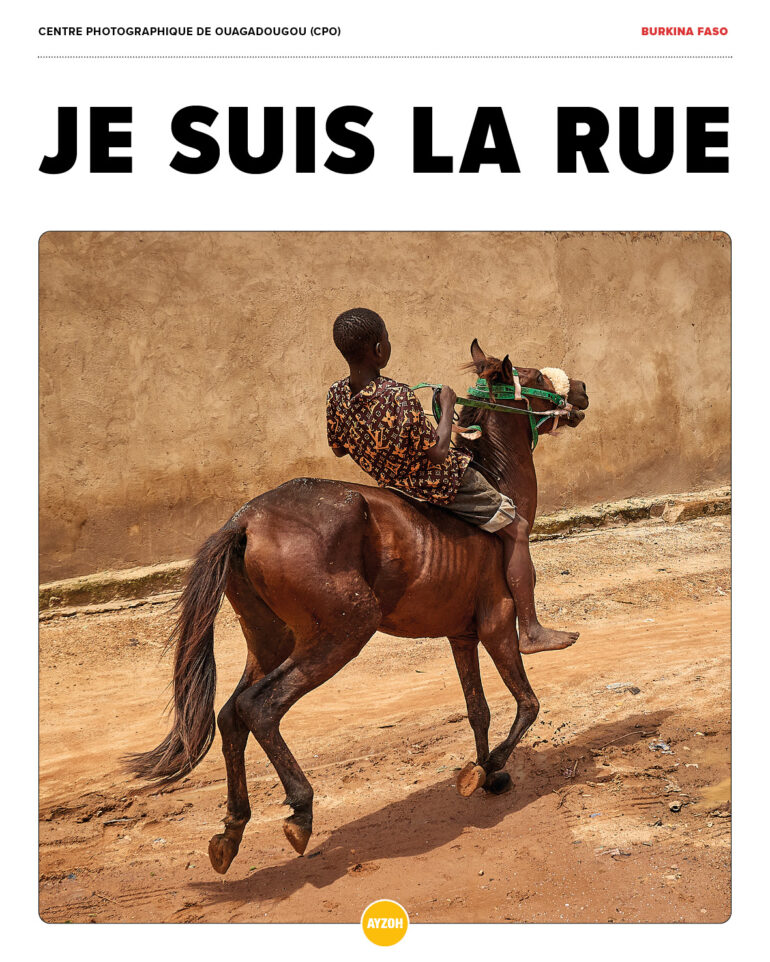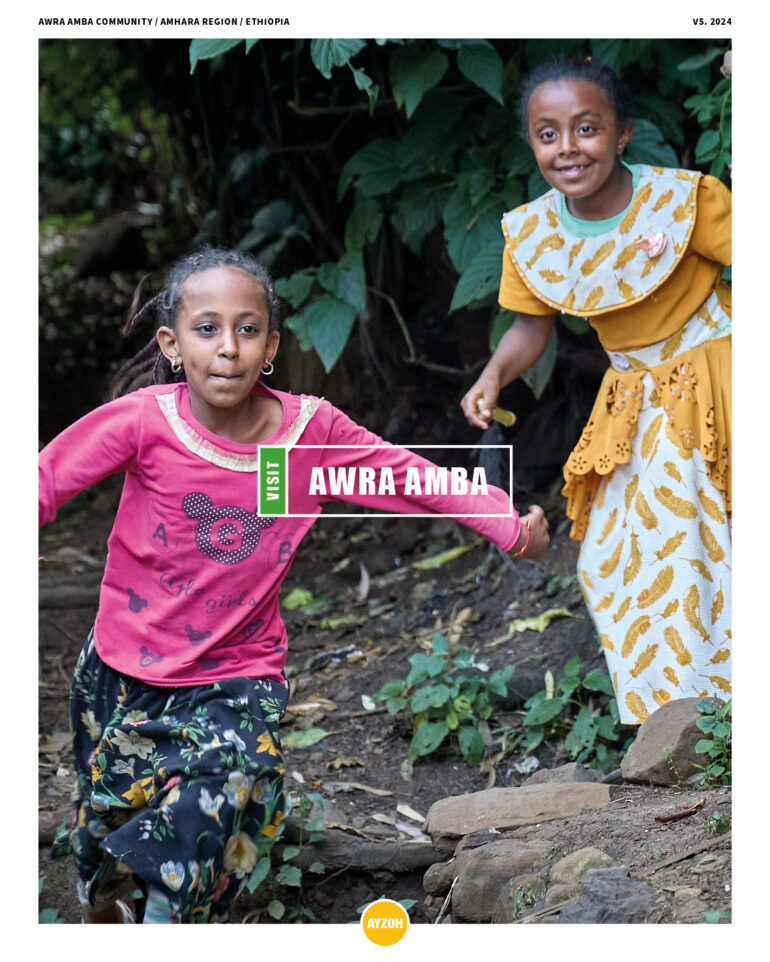I wrote this during the long return from Camp Erech — to hold together fragments, emotions, and questions that still echo through my days. I wasn’t sure I would share it. But the desert has a way of continuing to speak, even after you leave it behind. And some lessons — especially the hardest ones — need to be passed on. — Claudio
At Ayzoh!, we’re drawn to stories that revolve around difficult choices — radical, inconvenient, sometimes disruptive decisions made in pursuit of a truth, a vision, or a personal ideal. We pay attention when someone resists the temptation to confuse the destination with the journey, or the lover with the beloved.
That’s when a story becomes universal — when it can cross borders of language, geography, and culture to inspire clarity, courage, and conscious desire for change.
The story of Yahya and Camp Erech is one of those stories.
Ever since I came across a short article about him in 2020, I knew I would one day go to his desert “kingdom” to understand more. And so I did.
After the usual preparations — including discovering that Mauritania is unjustly listed as a high-risk country by the Italian Ministry of Foreign Affairs (in reality, it turned out to be one of the safest places I’ve ever traveled to — not a single episode of violence, not even an argument, in over 50 days) — we left.
We spent forty-four days in the desert, living with Yahya, his family, and the small community around them. We went at the worst possible time of year, climatically speaking — Yahya himself had advised against it. But we wanted to experience it all, even the hardest parts. Especially those.
Looking back at all my travels, I often feel that the biggest challenge was never the borders, the war zones, the risks, or the difficulties — but the uncertainty of how I would be received by the people I met along the way. That uncertainty was everything. Every new encounter held a question: how will it begin? How will it unfold? How will it end?
— Ryszard Kapuściński
I wasn’t worried about logistics, equipment, or team dynamics — all of which, as expected, presented plenty of challenges. I was only afraid that Riccardo’s story wouldn’t live up to the expectations I’d built over two years of correspondence.
But that fear disappeared within a few days at Camp Erech. The story had the depth, the dignity, and the power to transcend borders. It deserved to be told.
I had never experienced the desert with this kind of intensity. I adapted immediately and embraced every moment — even the forced stillness of the hottest hours, even the disorientation of sandstorms. I felt at home. I was exactly where I needed to be, with the people I needed to be with.
Pursuing a goal that constantly shifts and is never reached might be the only antidote to habit, indifference, and complacency. It’s part of the human condition. It is the praise of escape — not to retreat, but to advance. It is the praise of imagination, an imagination never fulfilled and never enough.
— Henri Laborit
By day, I focused on the photographs. By night, sitting on the dune under the stars, I felt only gratitude — for this work, for the access to other people’s inner worlds, for my travel companion Giulia, who shared every moment of this experience.
Up there, under the sky, I forgot all the uncertainties of a life without fixed coordinates. I forgot that everything I own fits into a blue suitcase and a black camera bag.
In fact, I gave thanks for this life — light, slow, free — that allows me to inhabit stories, to live them without rushing, without becoming just another collector of experiences. Not someone who constantly changes things in the hope — so often disappointed — of changing themselves.
At Camp Erech, I lacked nothing. Everything aligned with the life I want. I was happy. Until I wasn’t.
In the midst of so much beauty, the ugliest, smallest part of “human encounter” surfaced — behavior that contradicted everything I believe in. Words that hurt. Actions that revealed just how vulnerable I still am — especially where I thought I had become strong.
Then came the crisis: “Is it really this easy to hurt you?” “Can something you cared so deeply about be so easily tainted?” “After all you’ve seen, how are you still this fragile?”
Everything I believed in felt under threat.
If, as Antoine de Saint-Exupéry writes, “In the desert I am worth only as much as my gods,” then my gods — my principles, the values that guide me — seemed suddenly worth very little if they could be shaken so easily by words and actions beyond my control.
It’s an unwritten rule: if you want to be close to me, you must take responsibility for my soul. Because any fool can see how easy it would be to destroy me. One well-aimed glance would be enough. I’m convinced that somewhere inside me there is a vulnerable point that anyone — even a stranger — could see and strike. Eliminate me with a word.
— David Grossman
They say that crisis is welcome when it rips, divides, and makes you bleed — because that’s when it reveals. That’s when it forces you to look inside. It’s true.
Once the emotional wave passed, I saw what poets, psychoanalysts, and humanists have probably always known — but I had willfully ignored: It’s my vulnerability that makes me who I am.
I shouldn’t hide it, or mask it. I should claim it. I should be proud of it. I should learn from Yahya.
He never hid his fragility — not even at the worst moments of his illness. I saw him — and photographed him — curled in pain, falling and getting back up again. Once, twice, ten times. I saw him, like a wounded animal, proud and silent, begging us with his eyes to leave him alone to fight through the pain.
But the moment it passed — even just a little — he’d begin to speak again. Of a distant dune to climb. Of a hidden oasis to find. Of a new well to dig. Of how much he loved that place. That life. That freedom.
His eyes lit up every time they rested on his daughters — Minatou, Nibkoha, and Navissa. His eyes softened with gratitude every time they found Fatimatou, the woman who stands by him always.
Watching Yahya, and the people who love him, I began to understand: vulnerability isn’t weakness — it’s a force. A blessing, as Yahya might say. It’s what helps us tell freedom from detachment, interdependence from dependence, presence from self-erasure.
My friends, my brothers… should we destroy everything? Pretend it’s a new world, the first day, a second dawn? The truth, gentlemen, is that what has already been destroyed — this bitter disappointment — is our freedom. To truly love, to throw yourself in completely, you must have nothing left to lose. You have to cross the edge of every vertigo to risk the fall. You must have seen empires collapse and storms rage to be here, now, with you. You have to have lived so much, destroyed so much, to finally protect something without ruining it. Love means nothing when it is new, clean, pure. Love before the storm is not a choice, it is a law. When the event comes — the incident, the chance, the break — you must stand up. Find the words. The gestures. The gaze. Yes, my love, in that moment, count on me. I will be there. And I promise you: in that moment, we will win.
— From Mon Roi
So maybe it’s this vulnerability — the one I’ve mistaken for fragility for too long — that gives the greatest weight to the path we walk. In an era of immediacy, shallow connections, self-help clichés, and instant rewards, it’s what might carry us toward wholeness. Toward a life lived with integrity, love, authenticity. A life we can be proud of — every step, every choice.
Like Yahya’s stick, this awareness can hold us up as we move through fear, uncertainty, and failure.
Thanks to him — and to the desert — I now know: vulnerability is the mirror of my strength. Camp Erech is no longer just a place. It’s the springboard for what comes next.
